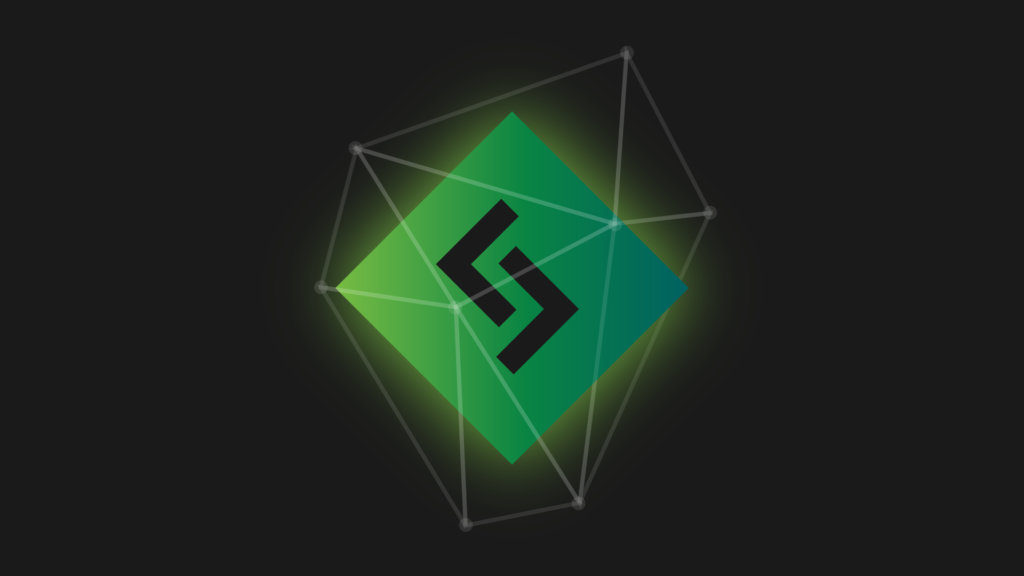If you’re interested in participating in the Salty Saga testnet, here is some technical information to help you get started.
How to get connected
To use testnet, you’ll need to grab the latest Loki CLI builds, located here. The testnet builds are labelled with the 8.0.0 tag — you should download the highest 8.x.x version.
To get connected, you’ll need to extract the downloaded folder of binaries and run Lokid with testnet flags (lokid –testnet) to sync the testnet chain. Then you will be able to run loki-wallet-cli to send transactions, register service nodes and test.
How to see the chain
We’ve been working on a Python rewrite of the Loki block explorer which can be found here. It’s not 100% fully functional yet, but you should be able to use it to see details about the transactions you complete on the testnet.
Where to get testnet Loki
Message @LokiSNBot on Telegram or Discord using the “Testnet” faucet option to receive testnet Loki. You can use this Loki to register nodes, test transactions, or conduct other tests.
How to run and register a Service Node on the testnet
Make a note of the path where you extracted the lokid binaries in the instructions above. It will be something like:
/home/username/loki-linux-x86_64-8.0.0-dev-8937ba728/lokidIf you want to run a testnet node on a node that already has running a deb-based service node, run the following commands:
Please note: the testnet blockchain is 800MB, so ensure hat you have adequate space on any mainnet Service Node to run the testnet before syncing.
sudo systemctl edit --full loki-testnet-nodeThis will open an editor showing you the current testnet lokid service file. You need to make two changes here:
1. On the line reading ExecStart change ‘/usr/bin/lokid’ to the path you noted above (such as ‘/home/username/loki-linux-x86_64-8.0.0-dev-8937ba728/lokid’). Leave the remaining arguments (–config-file, etc.) on the line.
2. You will also need to change the line `Type=notify` to `Type=simple` to work with the downloaded static binaries.
If you are compiling your own lokid and have the systemd headers installed, you don’t want to do this. If you don’t know what this means, just change it to simple.
Save and quit, then fire up the testnet infrastructure using:
sudo systemctl start loki-testnet-node loki-testnet-storage-server lokinet-testnet-routerThis should start up everything you need, and lokid will start syncing the chain. If you want to watch the progress:
sudo journalctl -u loki-testnet-node -afOnce it’s full synced, you can use a testnet wallet, acquire some funds, and prepare and submit a registration. Cd into the loki-linux-x86_64-blahblah directory and use:
./lokid prepare_registration
./loki-wallet-cli --testnetYou should also be able to use the current GUI wallet if you replace its bundled lokid and loki-wallet-rpc binaries with the ones from the above build repository (choose the latest linux/mac/windows build as appropriate).
If you don’t have the debs on the given system, install them, but note that if you don’t want to run a mainnet lokid, storage server, or Lokinet on the given machine, you should run this first to prevent them from starting:
sudo systemctl mask loki-node lokinet-router loki-storage-serverThen you can install as described in the Loki docs, and follow the steps above.
What we want people to test
- Registering Service Nodes
- Registering .loki LNS names
- Sending different types of transactions
- Attempting to disrupt consensus
- Shared contribution nodes
- Anything else you can think of!
How do I report bugs?
Bugs can be reported by filing a Github issue on the Loki core repository or by notifying the Loki team via the usual methods — Session, Discord and Telegram.
Happy testing!
